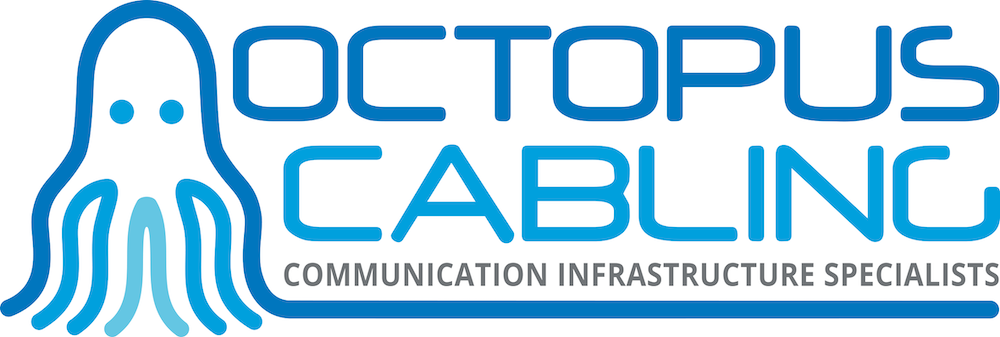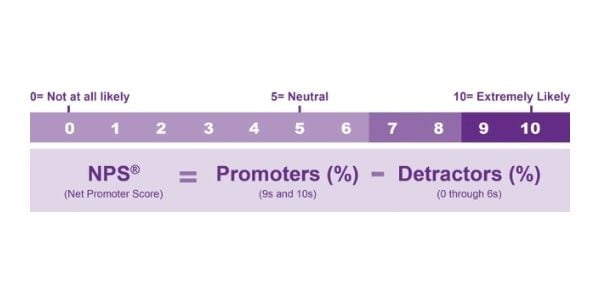Luckily, secure, cloud-based practice management systems provide a simple and effective solution for simple diary access. But beware, not all telephone receptionist services support any system that a practice chooses.
This was a problem the Ludgate Clinic encountered.
The practitioners of London-based Ludgate Clinic know what it means to be busy. Practice Manager and Osteopath Chris Belderbos treats 10 patients a day, spending 45 minutes with each patient, leaving little time for admin. His main issue was the time it took to invoice private health insurers and take payments from his patients. Eventually, Chris discovered an online practice management system that met his needs. Called QinecEnterprise, it contains ‘eBilling’ functionality for private health invoicing. It also integrates with Healthcode – a software that validates and clears electronic bills, enabling the system to take care of card payments. QinecEnterprise was the perfect system for Ludgate Clinic. Intuitive and easy-to-use, it also had the potential to solve the finance-based admin that had become a burden to his business.
The problem was, Ludgate Clinic’s telephone receptionist service didn’t work with Qinec.
A flexible receptionist service delivers the best of both worlds
QinecEnterprise was to become a crucial part of the Ludgate Clinic. The telephone receptionist service, on the other hand, had to change. But despite numerous enquiries, finding a service proved more difficult than Chris imagined. Until, that is, he discovered MyRuby. Like the other services he contacted, MyRuby hadn’t used Qinec before. However, as a specialist in telephone answering services for clinics, MyRuby was experienced in most of the practice management systems available. After contacting Qinec, the service was able to access the system quickly, evaluate it for staff, and put the necessary training in place. Within a week, MyRuby had added Qinec to its list of supported practice management systems.
A clinic shouldn’t have to choose between a great online practice management system and a great telephone receptionist. It’s up to the receptionist service to be flexible enough to meet each client’s needs, whether it’s adapting to individual clinicians and their habits, working practices and schedules, complying with different regulations or supporting the software they prefer.
Fortunately for Ludgate Clinic, MyRuby offers that flexibility, combined with a determination to blend in as part of the team. The service has adopted the Qinec system and its receptionists have quickly learned how to use it in conjunction with the clinic’s needs. It means Ludgate Clinic benefits from an online practice management system that works for the business. And Chris is on track to saving around 10 per cent of his time which was once spent invoicing and taking payments. It’s a bonus that he’s also found an experienced clinical receptionist service which ensures he never misses an important call.
There are dozens of online practice management systems to suit the varied needs of clinical practices, designed to make a busy practitioner’s life easier. Read the full Case Study for Ludgate Clinic.
MyRuby Provides a smarter way to run your telephone reception.
Find out more at www.myruby.co.uk







